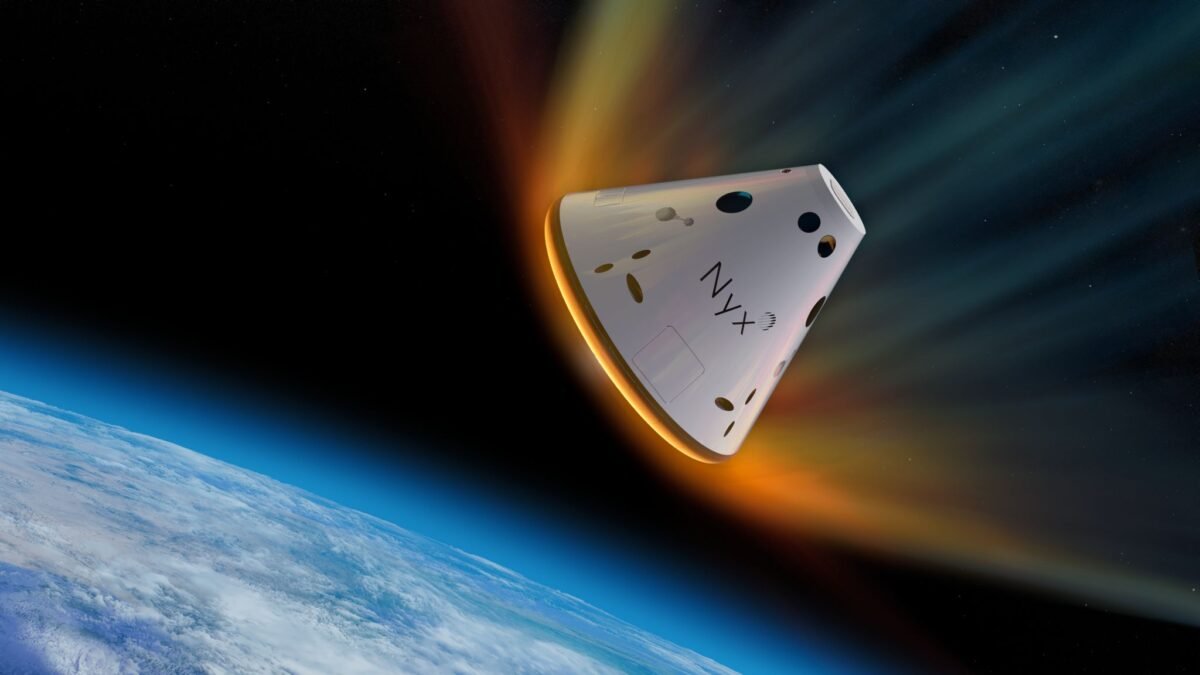During ESA Space Summit in Seville, government ministers representing the European Space Agency’s Member States unveiled an ambitious plan to revolutionize space exploration.

During the ESA Space Summit in Seville, Spain, government ministers representing the European Space Agency’s Member States unveiled an ambitious plan to revolutionize space exploration. They announced a competition aimed at innovative European companies to develop a space cargo return service, with the goal of creating a commercial vehicle capable of delivering supplies to the International Space Station (ISS) and returning cargo to Earth by 2028.
ESA Director General Josef Aschbacher expressed his pride in the agreement, stating, “I’m very proud to say that we have reached an agreement … that we will buy a cargo return vehicle that should fly to the International Space Station by 2028.”
The vehicle will have the capacity to return to Earth with a certain amount of cargo, and ESA will serve as the anchor customer. While the agency will not specify specific mass requirements for the ISS, nor dictate the launcher to be used, this initiative represents a significant shift in the European space transportation model.
Aschbacher emphasized the magnitude of this paradigm shift, highlighting the transition from the current launcher model (such as Ariane 5 and 6) to a competitive model where services are purchased. He noted, “We do not have this capability in Europe today. Doing this in 2028 — and this is what we will ask for the challenge — is very fast.”
The funding for this endeavor will be sourced from existing funds allocated at the 2022 ESA Ministerial, a conference held every three years to determine funding levels.
An initial €75 million (approximately $80.4 million USD) will be divided among two or three winners of the competition. While this may be considered a relatively modest sum, it is expected to stimulate private funding to support participants, according to Aschbacher. ESA aims to secure additional funding from its member states for the initiative in 2025.
The service vehicle developed for the competition has the potential to evolve into a crew vehicle and potentially serve other destinations, if Member States express interest in further developing these capabilities, as stated in an ESA release.
This move by the European Space Agency aligns with the precedent set by NASA over a decade ago, when the agency introduced commercial cargo programs that enabled private companies to transport cargo to the ISS, ultimately contributing to the success of companies like SpaceX. China has also recently initiated a competition to develop cost-effective cargo solutions for its Tiangong space station.
The European Space Agency’s announcement marks a significant leap forward in space exploration, with the ambitious goal of establishing a commercial cargo return capability by 2028, bolstering the agency’s role in shaping the future of space transportation.